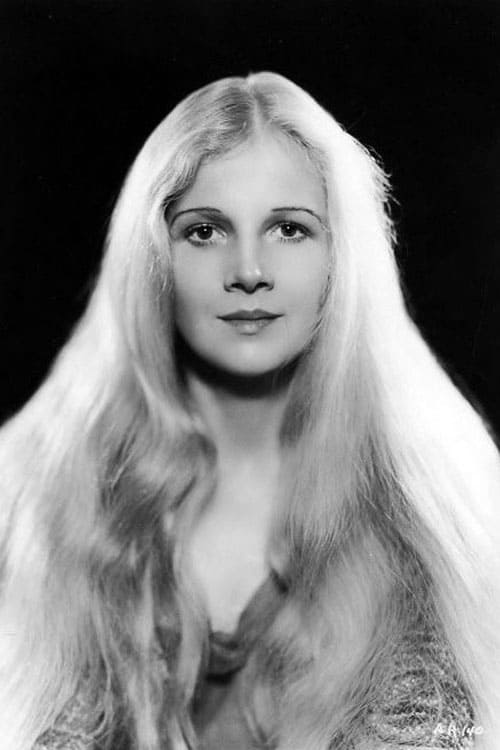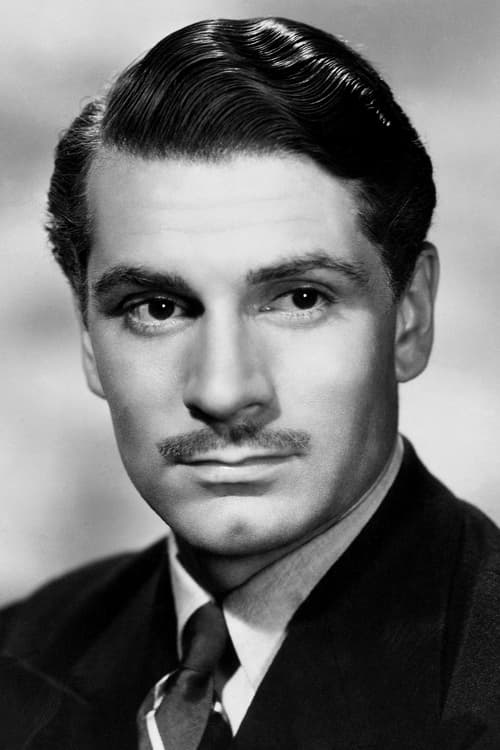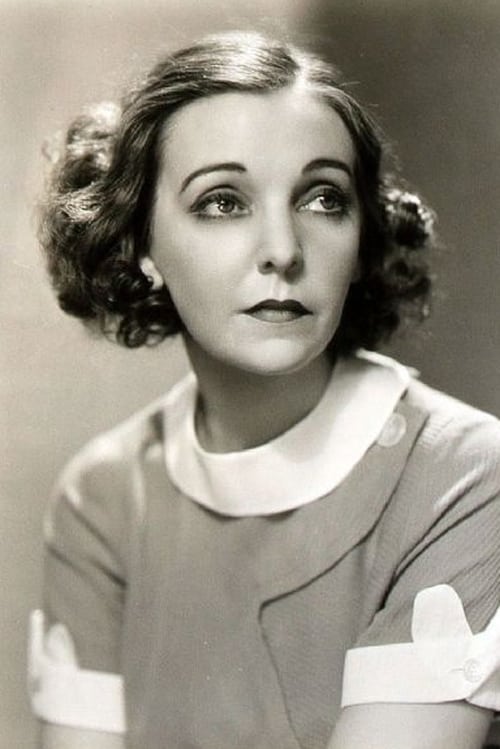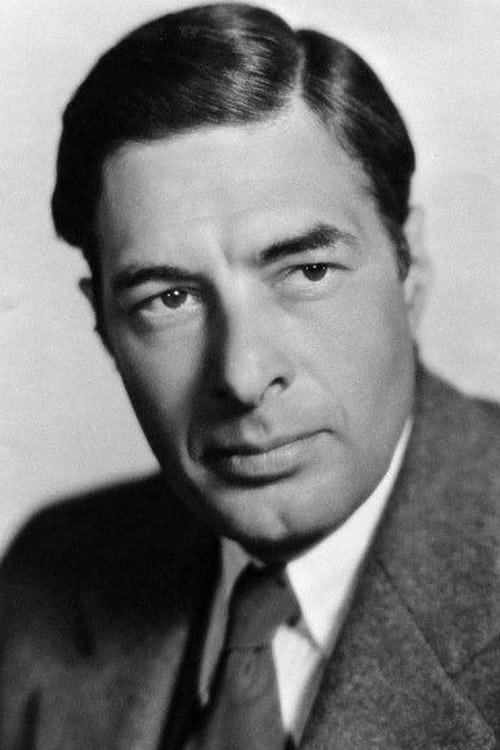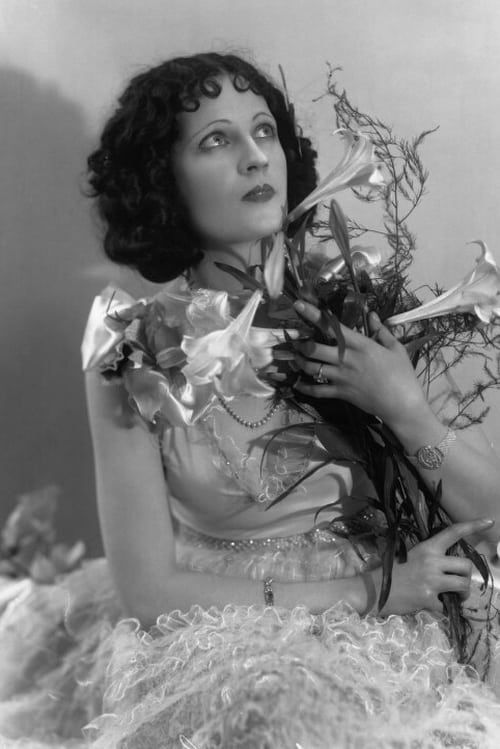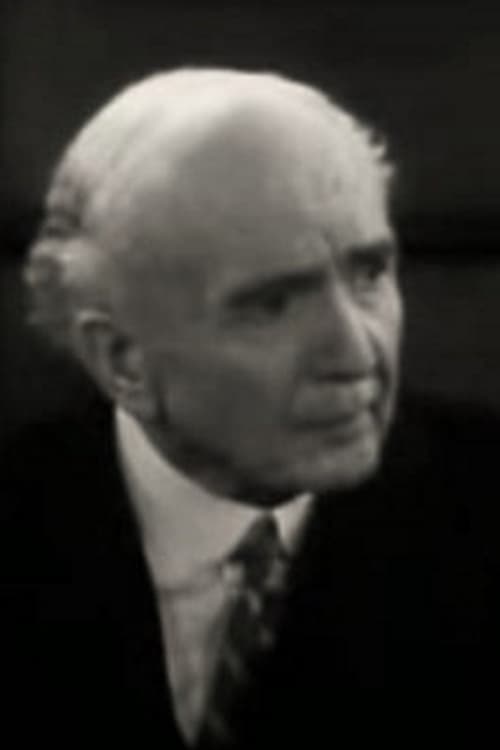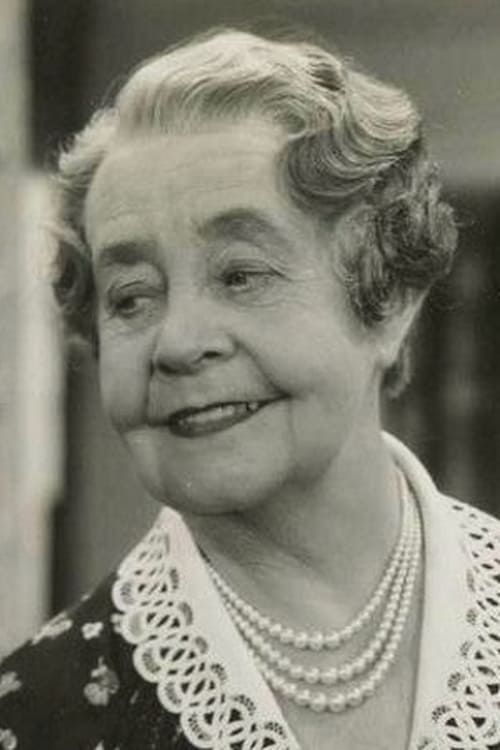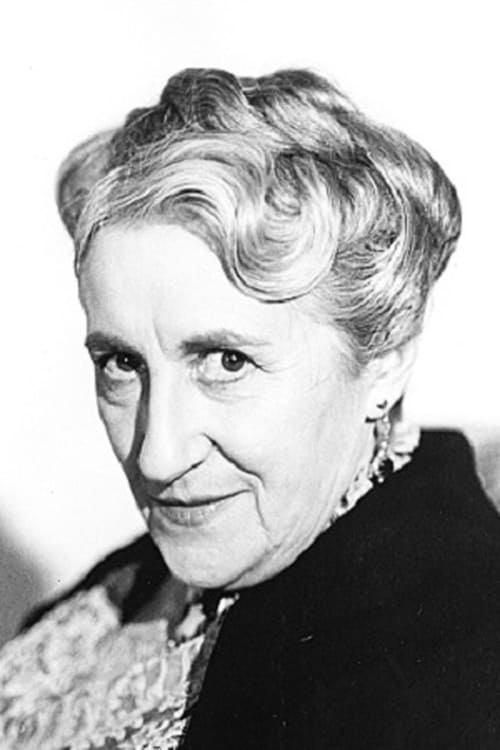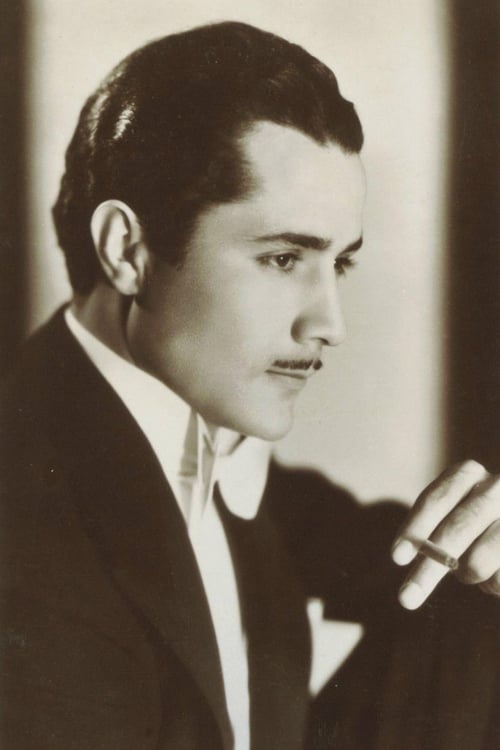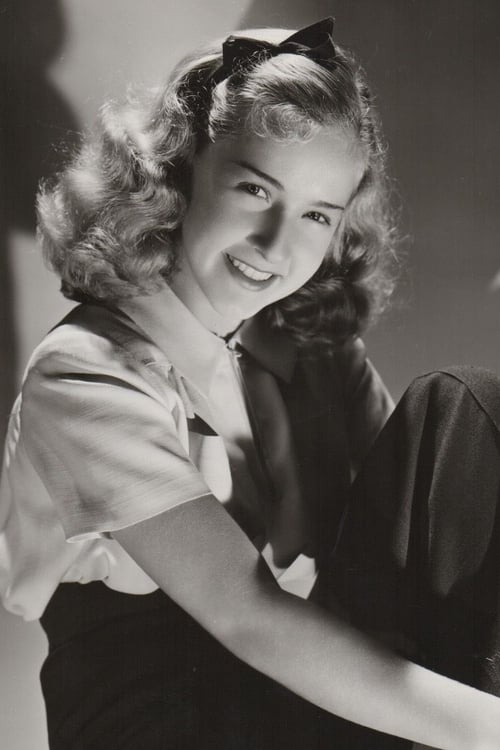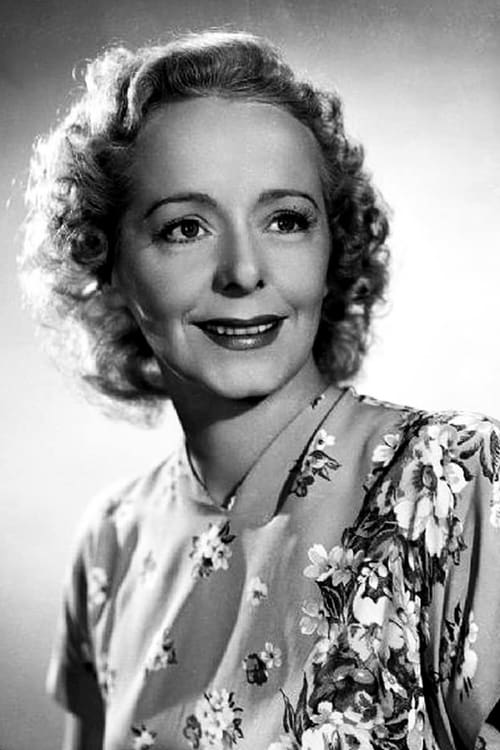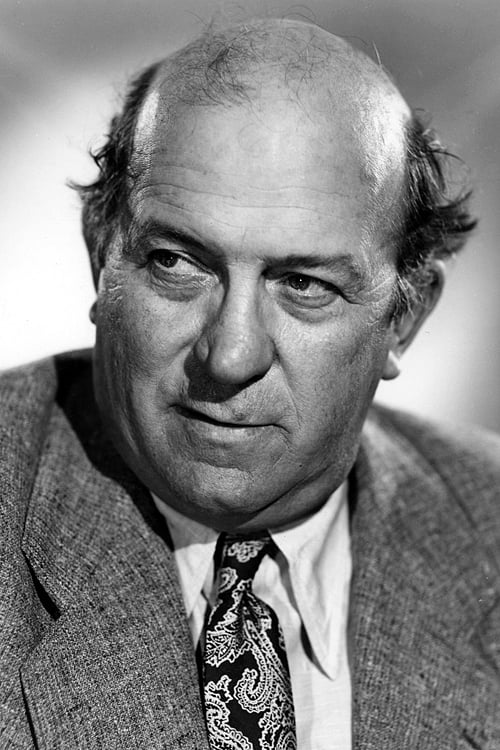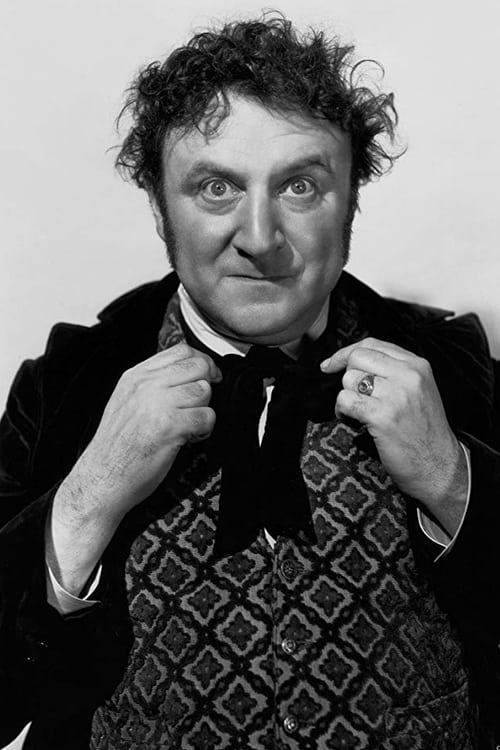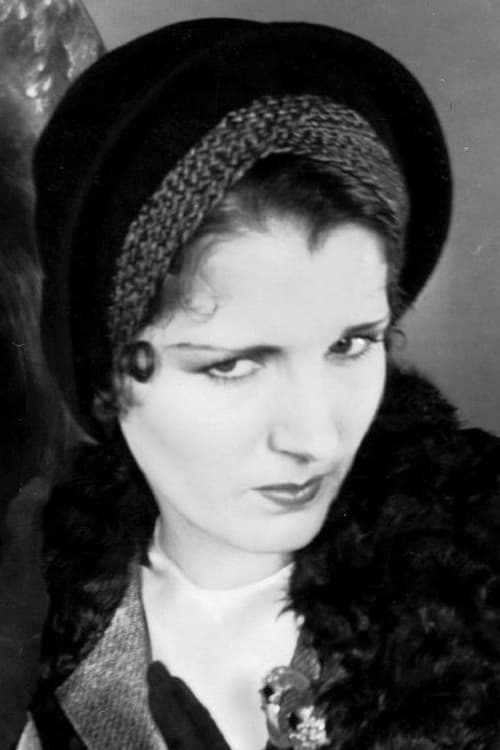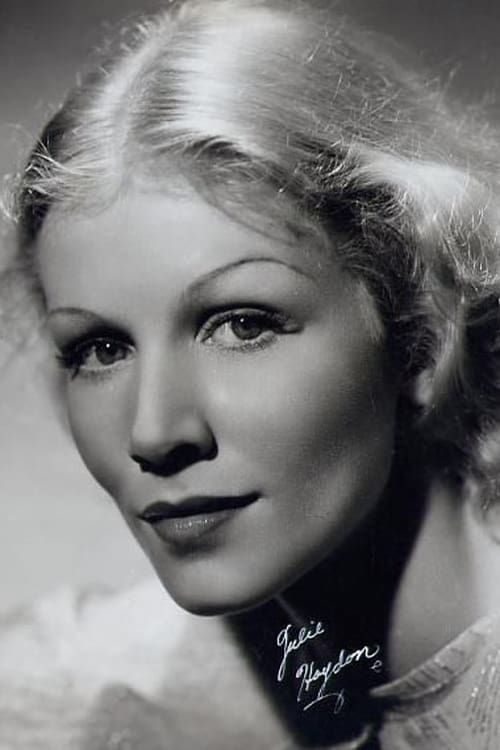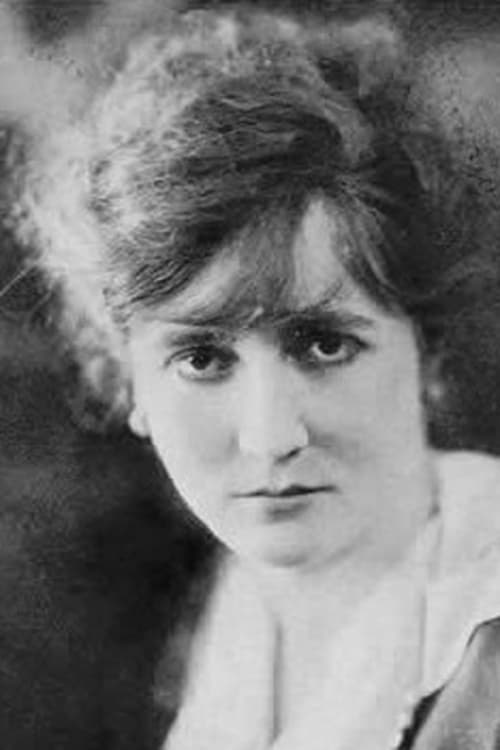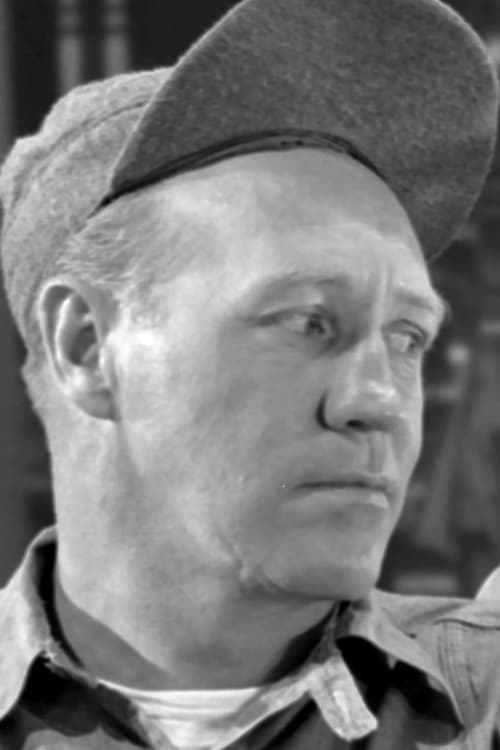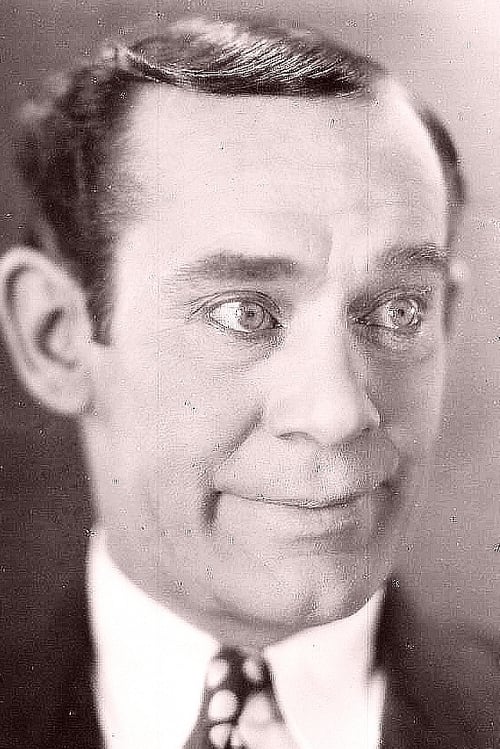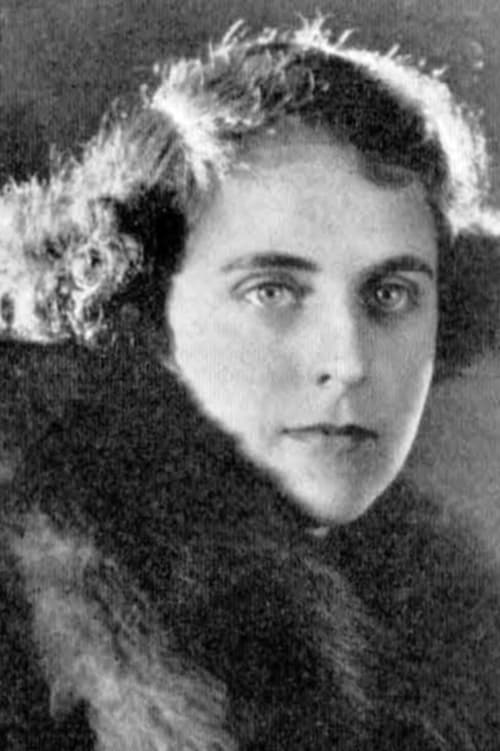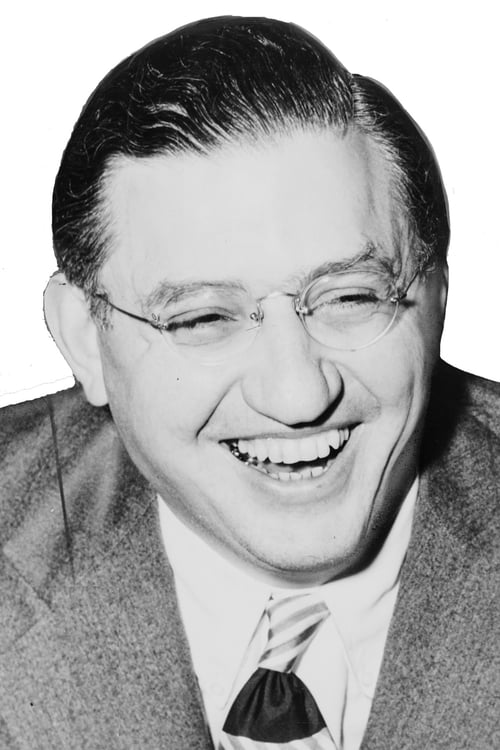Westward Passage (1932)
A story of divorce and second marriage that plumbs the secret heart of womankind!
Genre : Drama
Runtime : 1H 13M
Director : Robert Milton
Synopsis
A struggling writer divorces his wife to pursue his career without interference, but they meet in Europe years later after she has remarried.
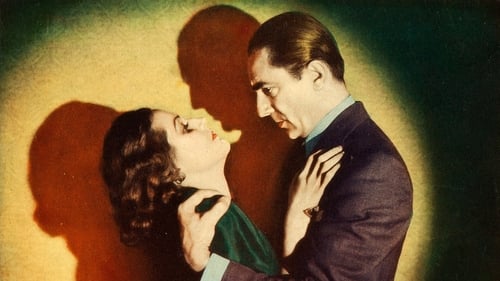
When a movie actor is shot and killed during production, the true feelings about the actor begin to surface. As the studio heads worry about negative publicity, one of the writers tags along as the killing is investigated and clues begin to surface.
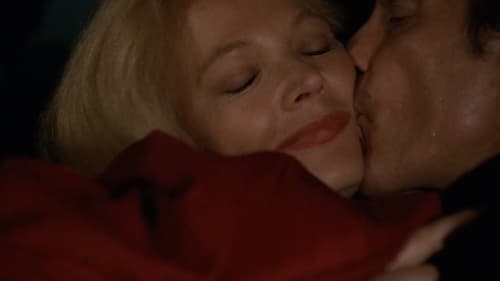
Two closely-bound, emotionally wounded siblings reunite after years apart.
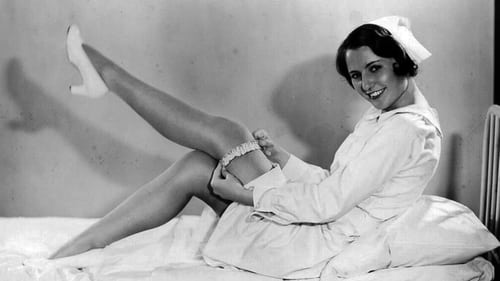
Lora Hart manages to land a job in a hospital as a trainee nurse. Upon completion of her training she goes to work as a night nurse for two small children who seem to be very sick, though something much more sinister is going on.

In 1915, German Counter-Intelligence Chief Von Sturm learns that someone is providing the British with critical strategic planning for the Turkish theater. He suspects Ali Bey, Turkish commander for the Dardanelles, and dispatches Annemarie to Constantinople to secure the proof. En route, she becomes involved with Douglas Beall, a footloose American. Complications ensue, requiring Annemarie to engage in some dangerous improvisations.

The comedy “Ein fast perfekter Seitensprung” was not only successful, it was really well-done. The first sequel is, as most sequels, less attractive. As the charming mix of Germans and Austrians itself wasn't new and interesting any more, Schwabenitzky had to concentrate more on the less terrific elements. He emphasised the character-clichés and made up a more complex story, in order to bring down as many of the characters from the first film as possible. This sequel is only worth watching if you're a great fan of the first part. Actually, not even then.
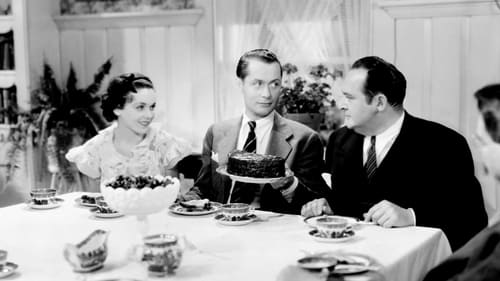
Wounded criminal Lucky Wilson takes refuge in a small Connecticut farm. He falls in love with the farmer's daughter who at first is unaware of his criminal record. Lucky is fully prepared to shoot his way out when the cops come calling, but he is softened by the daughter's affections.

Alexandre Dumas, at the height of his career, takes Auguste Maquet, his chief literary collaborator or 'ghost writer' ten years his junior, to meet a young unknown admirer, Charlotte Desrives. The two men are at the summit of their artistic collaboration for they have just published "The Count of Monte Christo", "Queen Margot" and "The Three Musketeers". If it's Maquet who writes the majority of the texts, both the honours and fame go to Dumas.
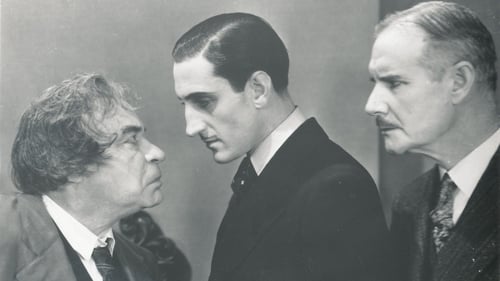
The murders start with the body of Robin. He is found with a arrow through the heart, but Vance deduces that the body was placed and not found where he was killed. The note found dealing with the murder was part of a nursery rhyme and signed by 'Bishop'. The only witness may have been Mrs. Drukker and Adolph, but they are not talking. As the murders progress, each one is accompanied by a nursery rhyme. It is up to Philo Vance to unravel the clues and unmask the identity of the murderer 'Bishop'.
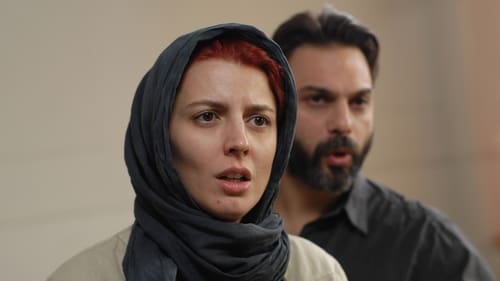
A married couple are faced with a difficult decision - to improve the life of their child by moving to another country or to stay in Iran and look after a deteriorating parent who has Alzheimer's disease.
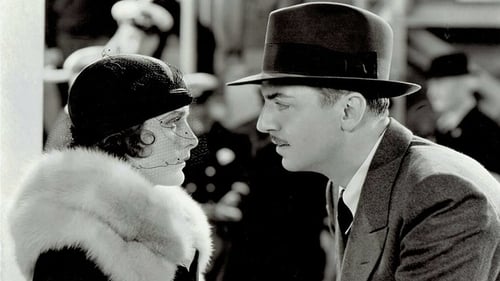
Gar Evans is a con artist, who pretends to be the owner of a "Golden Gate Artificial Rubber Company", and he is looking for investors. Finding them is relatively easy, but it becomes difficult when those want to see the inventor of the synthetic rubber...
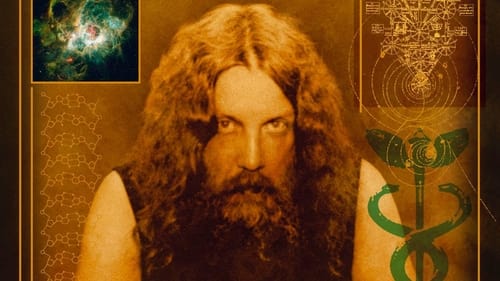
The Mindscape of Alan Moore is a psychedelic journey into one of the world's most powerful minds; chronicling the life and work of Alan Moore, author of several acclaimed graphic novels, including "From Hell," "Watchmen" and "V for Vendetta." It is the only feature film production on which Alan Moore has collaborated, with permission to use his work. Alan Moore presents the story of his development as an artist, starting with his childhood and working through to his comics career and impact on that medium, and his emerging interest in magic.

Disgusted by life and uninterested in earthly subjects, Lovecraft intentionally avoided reality when writing, veering into the unknown and inspiring the fear that lurks in nightmares. But, how do you portray the indefinable mythology that gave birth to Dragon, or the mysterious Cthulhu, or the uniquely strange Necronomicon? Directors Patrick Mario Bernard and Pierre Trividic asked themselves this question before responding with this unorthodox documentary that re-creates the atmosphere of claustrophobia, anxiety, and madness of Lovecraft s life and work.
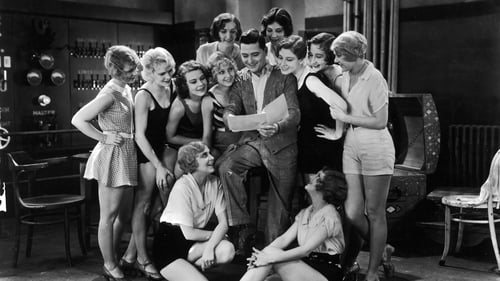
The vaudeville act of Harriet and Queenie Mahoney comes to Broadway, where their friend Eddie Kerns needs them for his number in one of Francis Zanfield's shows. When Eddie meets Queenie, he soon falls in love with her—but she is already being courted by Jock Warriner, a member of New York high society. Queenie eventually recognises that, to Jock, she is nothing more than a toy, and that Eddie is in love with her.

Sassy and ambitious waitress Mary Evans amuses and befriends amiable seldom-sober Hollywood film director Max Carey when he stumbles into her restaurant. Max invites Mary to his film premiere and, after a night of drinking and carousing, Mary is granted a screen test. A studio contract follows. Just as Mary finds her dreams coming true, Carey’s life and career begins its descent.
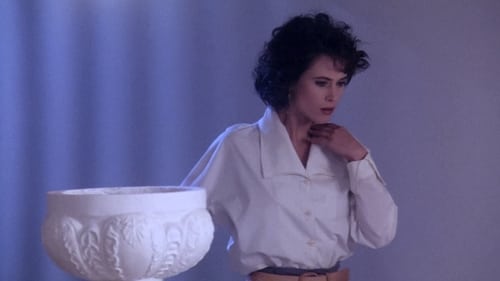
In the 1950s, a horror-comic artist's creations come alive and kill him. Years later a new cartoonist revives the creatures in his house, now part of an artist's colony.
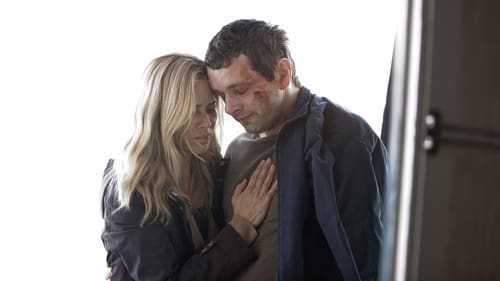
A married couple on the verge of separation are leveled by the news their 18-year-old son committed a mass-shooting at his college, then took his own life.
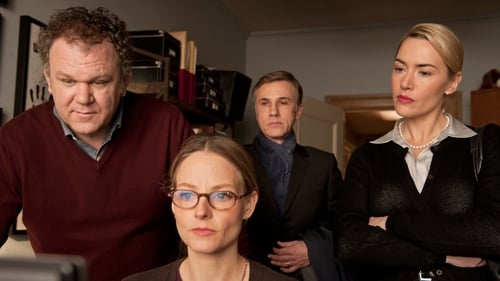
After 11-year-old Zachary Cowan strikes his classmate across the face with a stick after an argument, the victim's parents invite Zachary's parents to their Brooklyn apartment to deal with the incident in a civilized manner.
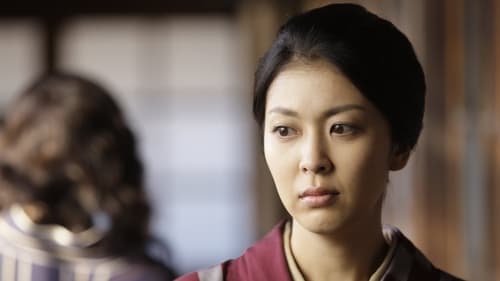
This enticing period melodrama depicts a long-suffering woman's relationship with her brilliant but self-destructive writer husband in postwar Tokyo. Based on a semi-autobiographical 1947 novel by Osamu Dazai, the story centers less on the womanizing, heavy-drinking, suicidal hero than on the wife who loves him. Written by Palm Springs International Film Festival
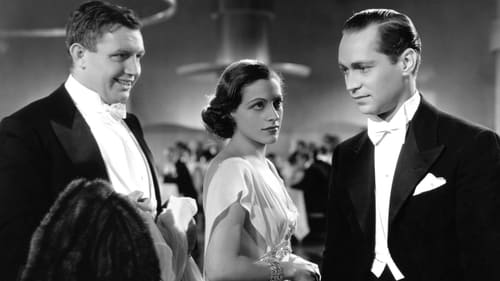
A young woman is on trial for murder. In flashback, we learn of her struggles to overcome poverty as a teenager -- a mistaken arrest and prison term for shoplifting and lack of employment lead to involvement with gangsters. In a brothel, she meets a young lawyer, scion of a wealthy and prestigious family, who falls for her and helps her turn around her life. But her past catches up with her, and she must face the music rather than cause him scandal.

A man known to be a mute is suspected of committing a murder, as he was noticed at the scene. However, witnesses saw and heard him talking as he was leaving the scene of the crime. The police must determine if he is the actual killer or if he is being framed.

